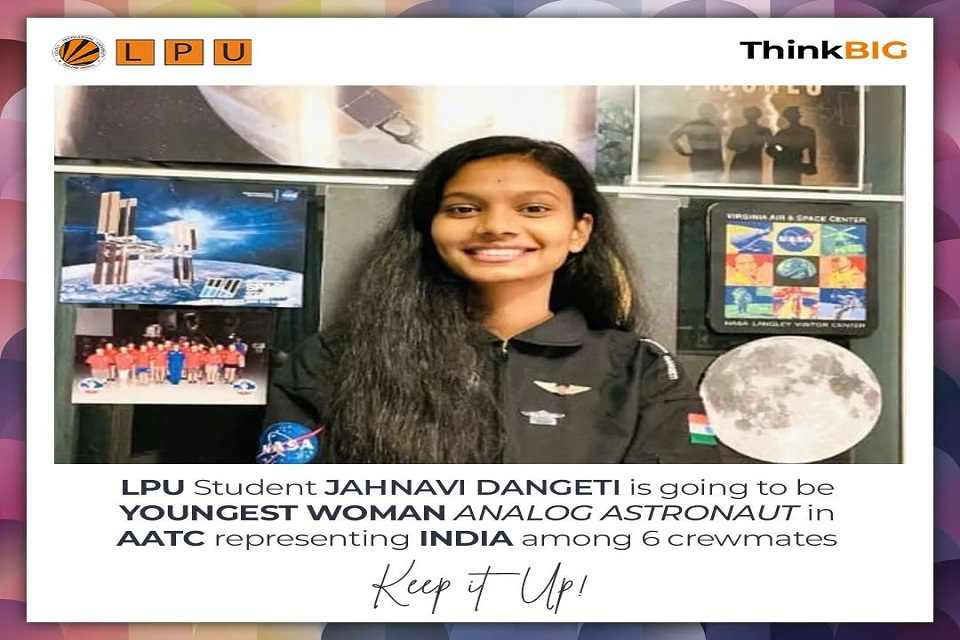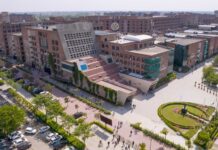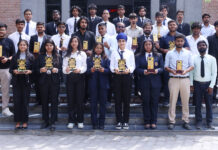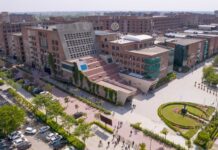The scope of what can be accomplished by humans is unbounded. Every day, we are witness to a wide variety of people who achieve their goals and establish new standards. In reality, there is no such thing as an upper limit; rather, we are just getting started. One such example of our verto is presented before you in the form of a person who has left everyone in awe with her accomplishments in the field of astronomy. In addition to this, she is the first person of Indian descent and ancestry to do this.
A young astronaut, Jahnavi Dangeti, appears to be successfully bridging the gap between her dreams and reality. Her main ambition in life is to travel into space. Her desire to become an astronaut is what led her to join NASA. This aspiring young woman astronaut from India has her sights set on becoming the first Indian woman to step foot on Mars. Jahnavi Dangeti, our Verto, is going to be the youngest female analogue astronaut in the Analog Astronaut Training Center (AATC).
She is the very first person of Indian origin to be selected for participation in this programme.
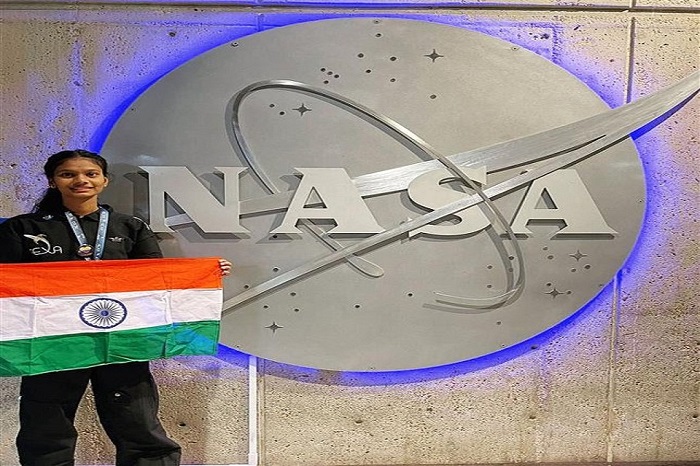
In the year 2021, in December, Jahnavi served as India’s delegate to the International Air and Space Program held at the Kennedy Space Center (NASA Launch Operations Center). Young people from all around the world were invited to participate in the programme, which was designed to foster the development of skills such as cooperation, problem-solving, and communication among students and professional NASA engineers to adapt to and handle any unanticipated challenge. Jahnavi has successfully completed the entirety of the astronaut training programme, which included training in zero gravity as well as training in many access points.
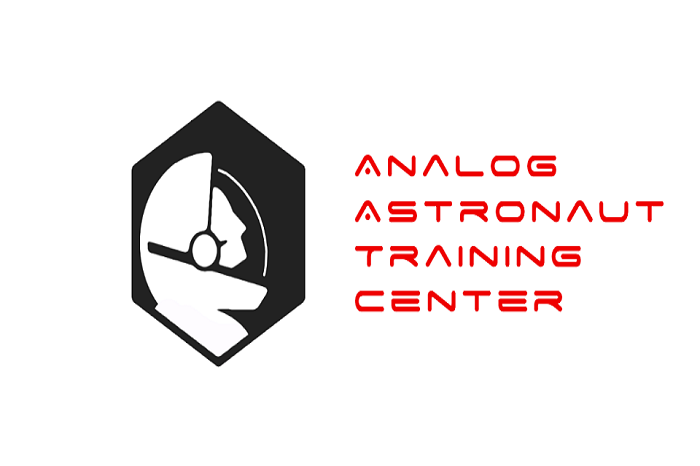
The Analog Astronaut Training Center(AATC) is a commercial organisation that expedites research into the scientific implications of human spaceflight. Engineers and scientists who had previously worked for the European Space Agency are responsible for founding AATC. In 2018, the company opened a laboratory to simulate the conditions of space to conduct scientific research on space biology and medicine. The establishment can be found in Rzepiennik, which is situated in southern Poland.


